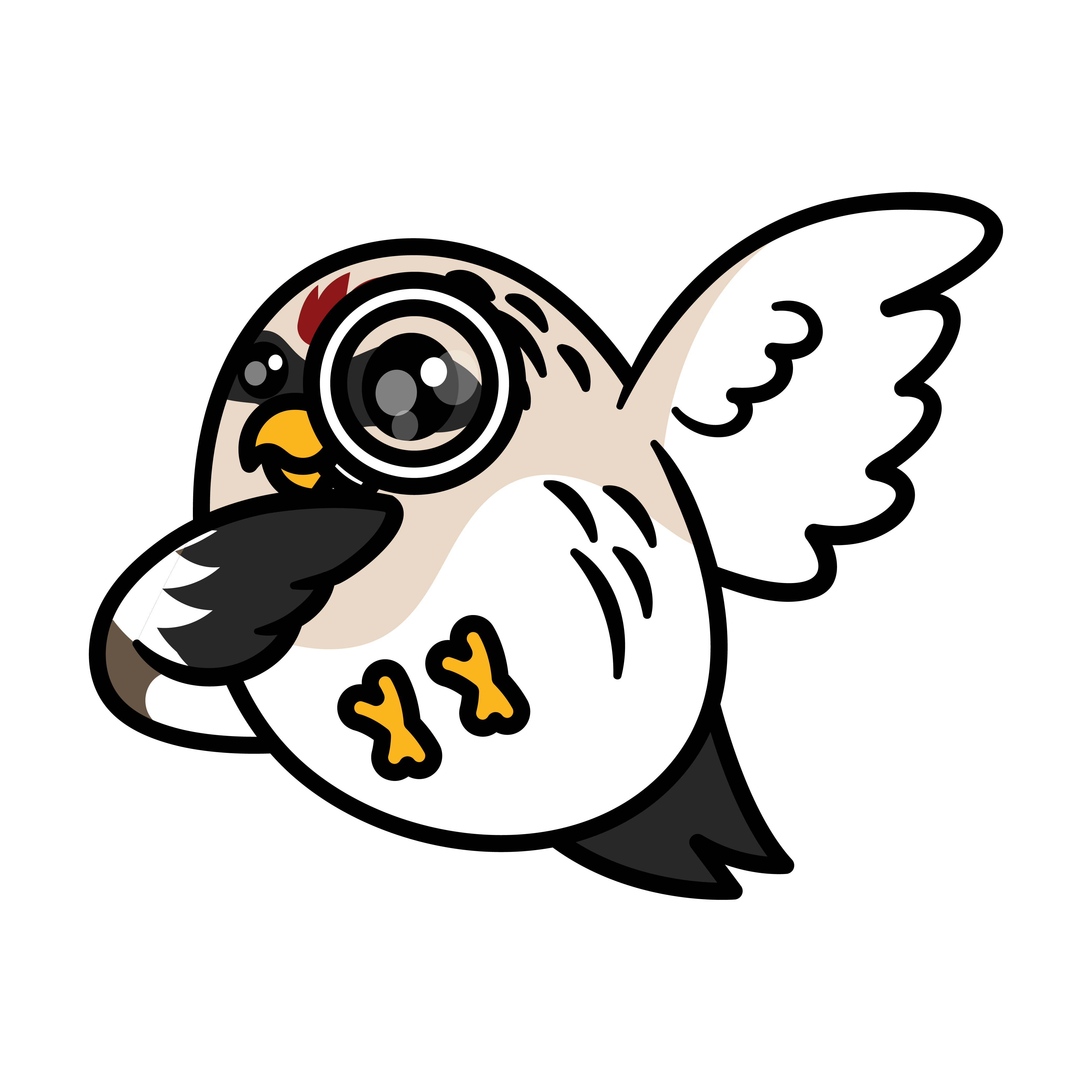Map
The map validator is used to validate a map. Usally should be used to validate JSON objects or similar.
You can use the class AcanthisMap<V> to create a map schema or the function object to create a map schema suitable for a json object.
Example
import 'package:acanthis/acanthis.dart';
void main() {
final schema = object({
'name': string().min(3),
'age': number().positive(),
});
final result = schema.tryParse({
'name': 'Francesco',
'age': 24,
});
if (result.success) {
print('The schema is valid!');
} else {
print('The schema is invalid!');
}
}TIP
The AcanthisParseResult object, that is returned by the parse and tryParse method is described here.
Methods
passthrough
The passthrough method is used to allow passthrough of unknown keys. This is useful when you want to validate a map, but you don't know all the keys that are present in the map.
import 'package:acanthis/acanthis.dart';
void main() {
final schema = object({
'name': string().min(3),
'age': number().positive(),
}).passthrough();
final result = schema.tryParse({
'name': 'Francesco',
'age': 24,
'unknown': 'key',
});
if (result.success) {
print('The schema is valid!');
} else {
print('The schema is invalid!');
}
}extend
The extend method is used to extend the schema with another schema. This is useful when you want to validate a map, but you want to validate some keys with a different schema.
import 'package:acanthis/acanthis.dart';
void main() {
final schema = object({
'name': string().min(3),
'age': number().positive(),
}).extend({
'unknown': string(),
});
final result = schema.tryParse({
'name': 'Francesco',
'age': 24,
'unknown': 'key',
});
if (result.success) {
print('The schema is valid!');
} else {
print('The schema is invalid!');
}
}merge
The merge method is used to merge the schema with another schema. This is useful when you want to validate a map, but you want to validate some keys with a different schema.
import 'package:acanthis/acanthis.dart';
void main() {
final schema = object({
'name': string().min(3),
'age': number().positive(),
}).merge({
'unknown': string(),
});
final result = schema.tryParse({
'name': 'Francesco',
'age': 24,
'unknown': 'key',
});
if (result.success) {
print('The schema is valid!');
} else {
print('The schema is invalid!');
}
}WARNING
If the key is present in both schemas, the second schema will override the first schema.
pick
The pick method is used to pick only the entries in the schema that are present in a list of keys.
import 'package:acanthis/acanthis.dart';
void main() {
final schema = object({
'name': string().min(3),
'age': number().positive(),
}).pick(['name']);
final result = schema.tryParse({
'name': 'Francesco',
});
if (result.success) {
print('The schema is valid!');
} else {
print('The schema is invalid!');
}
}omit
The omit method is used to omit the entries in the schema that are present in a list of keys.
import 'package:acanthis/acanthis.dart';
void main() {
final schema = object({
'name': string().min(3),
'age': number().positive(),
}).omit(['age']);
final result = schema.tryParse({
'name': 'Francesco',
});
if (result.success) {
print('The schema is valid!');
} else {
print('The schema is invalid!');
}
}list
The list method is used to validate a list of maps.
For the list validations methods, you check the List page.
import 'package:acanthis/acanthis.dart';
void main() {
final schema = object({
'name': string().min(3),
'age': number().positive(),
}).list();
final result = schema.tryParse([
{
'name': 'Francesco',
'age': 24,
},
{
'name': 'Francesco',
'age': 24,
},
]);
if (result.success) {
print('The schema is valid!');
} else {
print('The schema is invalid!');
}
}addFieldDependency
The addFieldDependency method is used to add a dependency between two fields. It requires three parameters: the first is the field that depends on the second, the second is the field that the first depends on, and the third is a function that takes the value of the first field and the value of the second field and returns a boolean.
import 'package:acanthis/acanthis.dart';
void main() {
final schema = object({
'name': string().min(3),
'age': number().positive(),
}).addFieldDependency(
dependent: 'age',
dependendsOn: 'name',
dependency: (age, name) => name.length > age,
);
final result = schema.tryParse({
'name': 'Francesco',
'age': 32,
});
/// Since this schema is invalid, the result will be false
/// and the error will be:
/// {'name': {'dependency': 'Dependency not met: age->name'}}
}optionals
The optionals method is used to make some of the fields optional. It requires a list of strings that are the keys of the fields that should be optional.
INFO
The fields that are not present in the list of optional fields are required. The fields present in the list are valid only for the current layer of a multi-layered object.
import 'package:acanthis/acanthis.dart';
void main() {
final schema = object({
'name': string().min(3),
'age': number().positive(),
}).optionals(['age']);
final result = schema.tryParse({
'name': 'Francesco',
});
if (result.success) {
print('The schema is valid!');
} else {
print('The schema is invalid!');
}
}
/// The schema is valid!partial
The partial method is used to make the first-level fields nullable.
WARNING
Even if a field is nullable, it still needs to be present in the map.
import 'package:acanthis/acanthis.dart';
void main() {
final schema = object({
'name': string().min(3),
'age': number().positive(),
}).partial();
final result = schema.tryParse({
'name': 'Francesco',
'age': null,
});
if (result.success) {
print('The schema is valid!');
} else {
print('The schema is invalid!');
}
}You can also set the deep parameter to true to make all the fields in the map nullable.
import 'package:acanthis/acanthis.dart';
void main() {
final schema = object({
'name': string().min(3),
'age': number().positive(),
'address': object({
'street': string().min(3),
'city': string().min(3),
}),
}).partial(deep: true);
final result = schema.tryParse({
'name': 'Francesco',
'age': null,
'address': {
'street': 'Main St.',
'city': null,
},
});
if (result.success) {
print('The schema is valid!');
} else {
print('The schema is invalid!');
}
}Recursive schemas
You can create recursive schemas by using the lazy method.
import 'package:acanthis/acanthis.dart';
void main() {
final schema = object({
'name': string().min(3),
'age': number().positive(),
'children': lazy((parent) => parent.list()),
});
final result = schema.tryParse({
'name': 'Francesco',
'age': 32,
'children': [
{
'name': 'Alice',
'age': 5,
'children': [],
},
{
'name': 'Bob',
'age': 7,
'children': [
{
'name': 'Charlie',
'age': 3,
'children': [],
},
],
},
],
});
if (result.success) {
print('The schema is valid!');
} else {
print('The schema is invalid!');
}
}